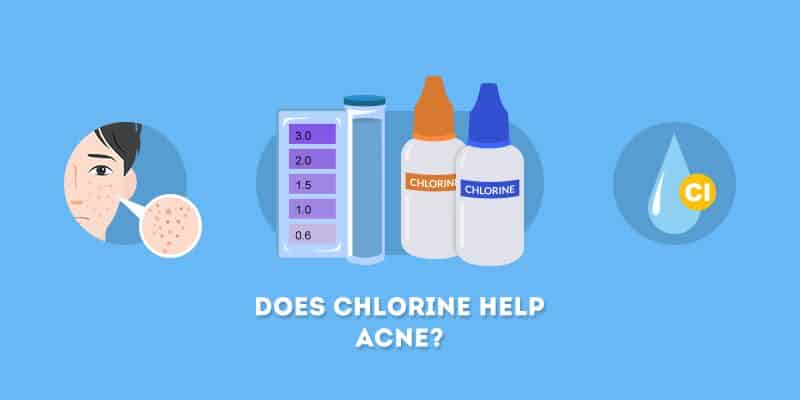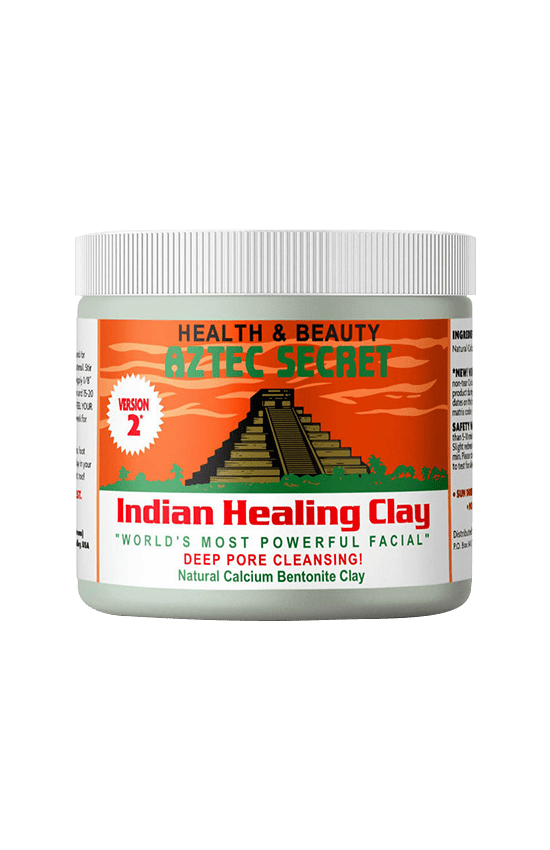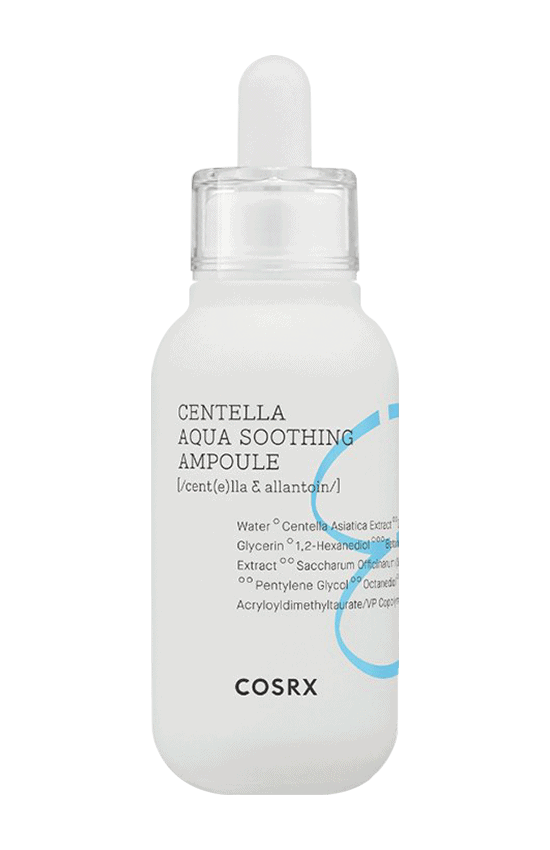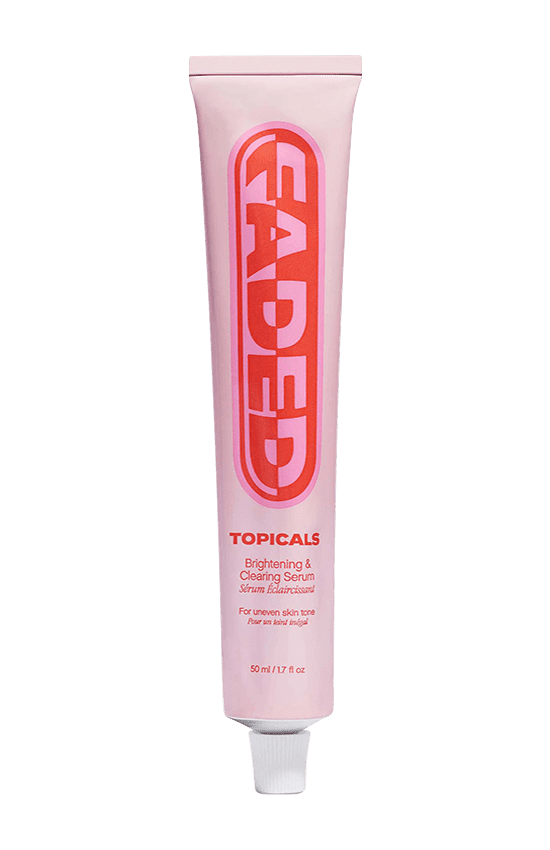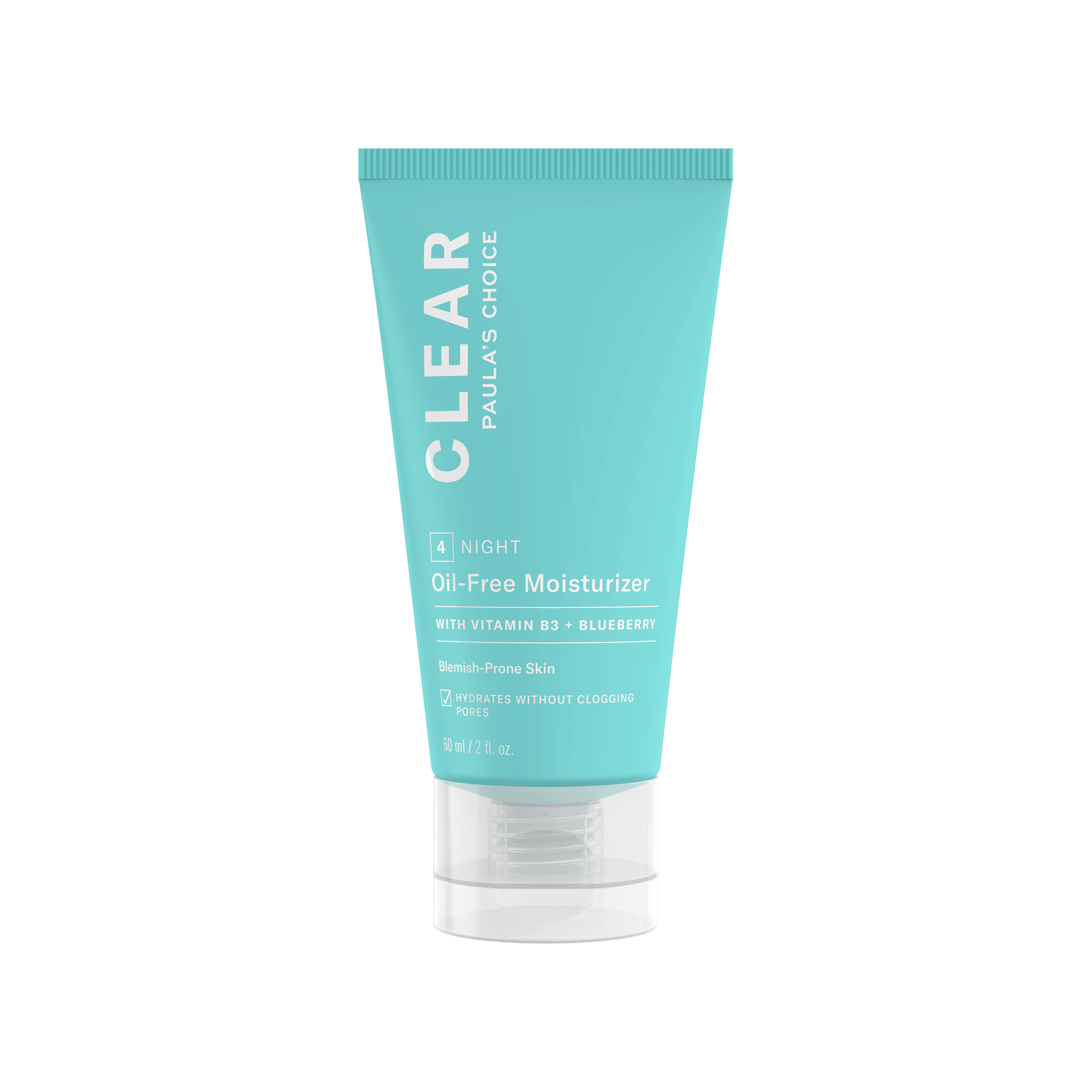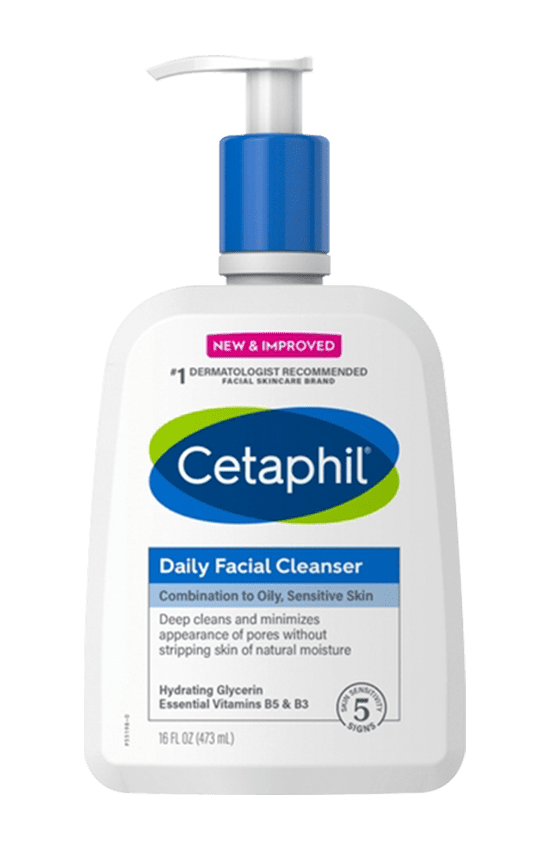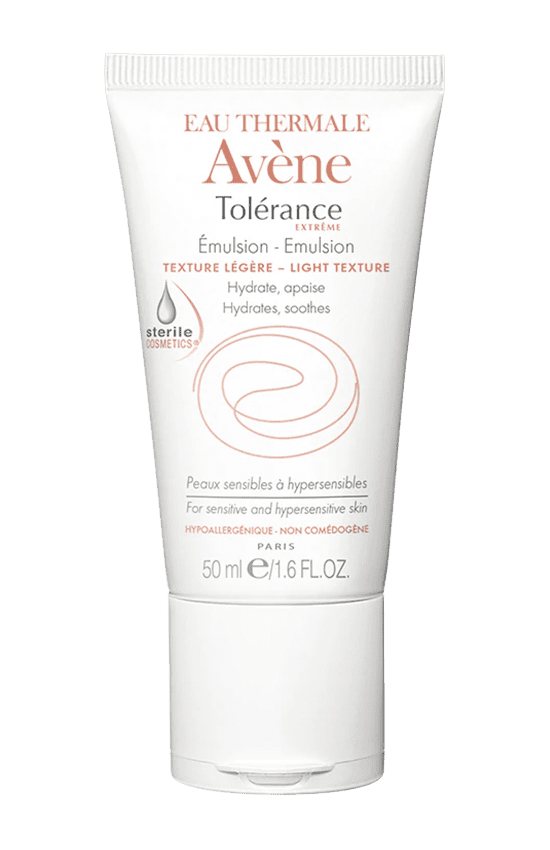Anyone with acne-prone skin might notice a change in their complexion after a day of swimming around in a chlorinated pool. Some will notice that their skin looks less red, and that bumps seem to be retreating. This leads many people to ask: does chlorine help acne?
While you might be tempted to jump in the pool anytime you feel like your skin needs a boost, chlorine isn’t your best bet for clear skin.
What Exactly is Chlorine?
Chlorine is a chemical that is commonly used in swimming pools, or other popular man made bodies of water that people swim in. It disinfects the water, getting rid of bacteria that could be harmful. This ultimately makes it safer for people who want to swim. Bodies of water that don’t have chlorine added can become infested with a variety of different types of bacteria. These can be harmful to a person’s health when exposed.
Does Chlorine Help Acne?
The quick answer is no, chlorine is not a reliable form of treatment for acne. In fact, it has the potential to do more harm than good for your overall skin health. Chlorine has been found to dry out the skin, which can lead to irritation, skin flakiness, and skin rashes. This can be particularly bad for people with sensitive skin.
One study of participants with eczema found that, after exposure to a chlorinated pool for under a quarter of an hour, their skin was considerably more dehydrated. Whether you have sensitive, oily, normal, or dry skin, this dryness can mean that your sebaceous glands will work overtime to try to replenish these oils. Ultimately, this can lead to clogged pores, which means even more breakouts.
What the Experts Say: Chlorine and Acne
“Chlorine not only dries out your skin but it will kill the good and bad bacteria making up your skin microbiome,” explains functional medicine Doctor Kelly Bay DC, CNS, CDN.
“This may temporarily give the result of clearer skin, but in the long term will strip your skin of its natural oils and disrupt your microbiome.” When the microbiome is disrupted, it opens up the opportunity for an overgrowth of bad bacteria and inflammation. When it comes down to it, while your skin might appear clear after swimming, using chlorine as an acne treatment is not a viable option for a blemish-free complexion.
Dr. Yoram Harth, Board Certified Dermatologist and Medical Director of MDacne, adds that there are some mixed opinions on whether chlorine may help with acne. However, there is no hard evidence that proves that chlorine will ultimately help. He advises that people with acne-prone skin can enjoy swimming, but that they should not use chlorine as a replacement for acne treatments that have been proven to be effective.
Why Your Skin Might Appear Clearer After Swimming
While chlorine isn’t the best form of treatment for acne, people still might question why their skin looks clearer after swimming in a chlorinated pool. There may be some short-term effects that seem to be beneficial. However, it is important to keep in mind that in the long-term, chlorine isn’t an effective treatment for acne.
“Although some people feel that their acne is better after the pool, the effect would be most probably due to sun exposure (blue light) that is proven to help with acne,” explains Dr. Harth.
There are a few factors that might be leading to a seemingly clearer complexion. As mentioned by Dr. Bay, chlorine can dry the skin. This may temporarily make it seem like your skin is clearer. Ultimately, however, it is stripping your skin of its natural oils. Another explanation for clear skin after swimming has to do with the time spent in the sun.
Generally, people are swimming in a chlorinated pool on a warm, sunny day. This good weather might have more to do with the appearance of clear skin than the actual chlorine.
How to Care for Skin After Swimming
Ultimately, the answer to the question "does chlorine help acne?" is a resounding no. Since chlorine can kill good bacteria and dry out your skin, it is important to properly take care of it after swimming.
1. Cleanse and Moisturize
As Dr. Harth advises, people with acne-prone skin don’t need to avoid enjoying a day at the pool. They just need to take a few steps afterwards to keep their skin happy and healthy. The key is to use an effective cleanser to get the chlorine off the skin as soon as possible. After that, it is necessary to add moisture back to the skin to replenish any lost hydration.
“The best advice for people would be to shower immediately after the pool to remove the remaining chlorine or salt from their skin,” advises Dr. Harth. “After the shower, pat dry your skin and apply a light moisturizer.” He also advises that people with body acne should use an oil-free moisturizer, as it won’t clog the pores.
2. Probiotic Sprays
In addition to showering and moisturizing, Dr. Bay recommends using probiotic sprays on the skin. “There are also natural probiotic sprays that do a great job of encouraging beneficial strains of bacteria to repopulate your skin, such as MotherDirt probiotic spray,” she says.
Repopulating your skin with good bacteria means that there is less of a risk of an overgrowth of acne-causing bad bacteria on your skin.
FAQs
Is chlorine bad for skin?
The answer to the question "does chlorine help acne?" is no. Chlorine has the potential to dry out skin, which can lead to irritation, flaky skin, or possibly rashes. It also kills both good and bad bacteria on the skin, ultimately disrupting the skin’s microbiome. This can lead to inflammation and an overgrowth of bad bacteria on the skin. It is best to rinse chlorine off the skin as soon as possible once you are done with swimming. This will keep the skin healthy and balanced.
Is it bad to swim in chlorine everyday?
While swimming in chlorine everyday may not be ideal for your skin, you don’t have to ditch it altogether if it is part of your routine. You can counteract the effects of chlorine exposure to the skin by taking a few skincare steps. Shower immediately after getting out of the pool. After, moisturize your skin to replenish any moisture that has been lost.
How do I prevent breakouts after swimming?
You can prevent breakouts after swimming by properly taking care of your skin immediately after getting out of the pool. Shower as soon as possible, using a cleanser to sweep away any chlorine and debris on your skin. You’ll also want to moisturize your skin with an oil-free moisturizer. This helps your skin rehydrate, so that it doesn’t end up overproducing pore-clogging oils.
Summary
- Does chlorine help acne? While there is a common myth that it does, there is no hard evidence that proves that chlorine helps with acne. In fact, it has the potential to do more harm than good.
- Chlorine can dry out your skin, potentially leading to irritation, flakiness, or rashes. It can also kill both good and bad bacteria, disrupting the microbiome of your skin.
- It is important to properly take care of your skin after swimming in a chlorinated pool by showering as soon as possible to remove the chlorine from the skin. Once you have showered, use a moisturizer to replenish any lost hydration.
